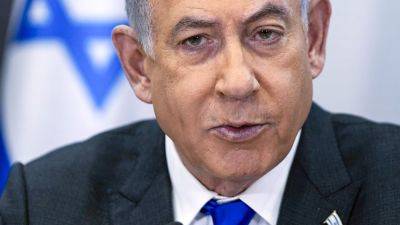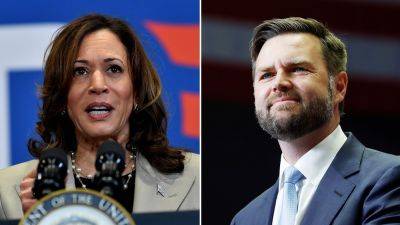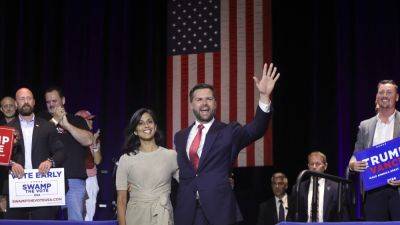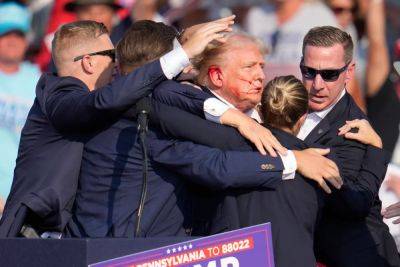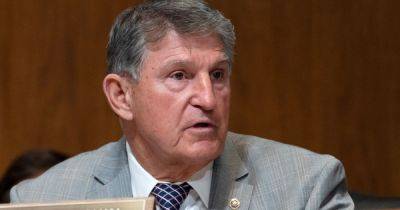With uncertainty across the Atlantic, Europe worries about its own security
When Donald Trump suggested during the 2016 presidential campaign that he might not honor a U.S. commitment to defend other NATO countries if they were attacked, it triggered alarm throughout the trans-Atlantic alliance.
With Trump's “America First” rhetoric drawing cheers from fervent supporters, the future of the North Atlantic Treaty Organization is once again on the agenda. But this time, European leaders acknowledge the alliance must evolve to meet the challenges of the 21st century and say they are ready to shoulder more responsibility for their own defense.
A lot has changed in eight years.
First, Trump’s presidency forced Europe to recognize that U.S. military support was no longer guaranteed, then Russia’s invasion of Ukraine underscored the threat on its eastern border. Meanwhile, the U.S. has increasingly focused on China’s expansion in the Asia-Pacific, as well as Iran and North Korea.
“Confronted with powers such as Russia and China, and a United States whose pivot to Asia seems inevitable, no matter who wins the next election, we Europeans need to do more to ensure our own security,” Josep Borrell, the European Union’s foreign policy chief, wrote last weekend in The Times of London.
After relying on U.S. leadership of NATO to protect them with overwhelming nuclear and conventional capability for the past 75 years, European nations must take on a larger role in funding and leading the 32-nation alliance because their interests are increasingly diverging from those of the United States.
“We are talking about a NATO which the United States is still part of, but which the United States is no longer the indispensable leader (of),” said Malcolm Chalmers, deputy director-general of the Royal United Services


